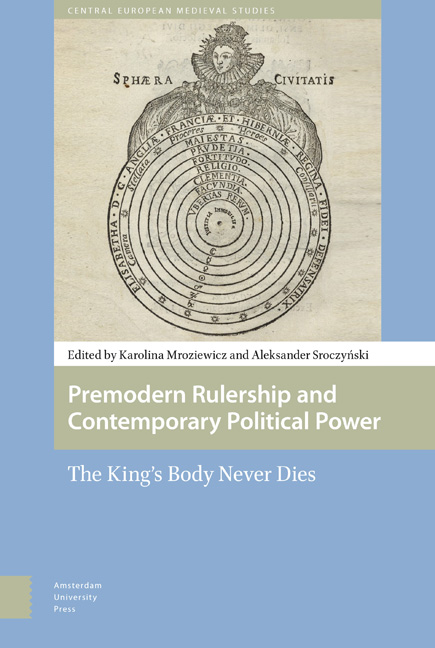And Then They Were Bodies: Medieval Royalties, from DNA Analysis to a Nation’s Identity
Published online by Cambridge University Press: 24 December 2020
Summary
The bodies of kings, princes and political rulers have always represented more than just biological clumps of matter. They have been viewed as the very being and power of the ruler, and such bodies have continued to act as an index of the person even beyond their death. As Katherine Verdery rightly pointed out, the materiality of the body can be linked strongly to ‘its symbolic efficacy;’ the corporeality of these bodies ‘makes them important means of localizing a claim,’ as their very own materiality has embedded in it the values and images associated with these kings. It is for this reason that such bodies can become, in the words of Pierre Nora, lieux de mémoire, places through which memories are enacted and located, flesh and bone gaining symbolic value and political power. It is the goal of this text to explore how the agency of such royal bodies has been framed in the context of the contemporary (osteo)archaeological narratives which have been constructed around them.
The bodies of certain rulers experienced disturbing afterlives, with different political regimes or leaders manipulating them in order to make political statements; such was the case of Vladimir Ulyanov Lenin, whose body was turned into an ‘immortal’ body, displayed in the centre of Moscow, the ultimate piece of propaganda. Similar examples may be found in the exhumations, wanderings and/or public funerals of several political leaders, such as Eva Perón, Prince Lazăr of Serbia, the Romanovs, or Frederick the Great in Germany. These remains of once-important figures are still half-alive, in so far as they bear post-mortem agency and determine the creation of contemporary projects in which they still take centre stage.
In the present times, the bodies of these rulers have lost none of their fascination, as several recent exhumation projects reveal. By following research into the afterlives of these contentious human remains and their symbolic power, it is the goal of this chapter to explore an original line of inquiry, namely the role which such remains play in redefining identity for the contemporary academic discipline of archaeology and its related sciences. How are these bodies framed at the crossroads of public and scientific debates, integrated in multiple networks of experts and viewed from different ontological perspectives?
- Type
- Chapter
- Information
- Premodern Rulership and Contemporary Political PowerThe King's Body Never Dies, pp. 321 - 352Publisher: Amsterdam University PressPrint publication year: 2017



